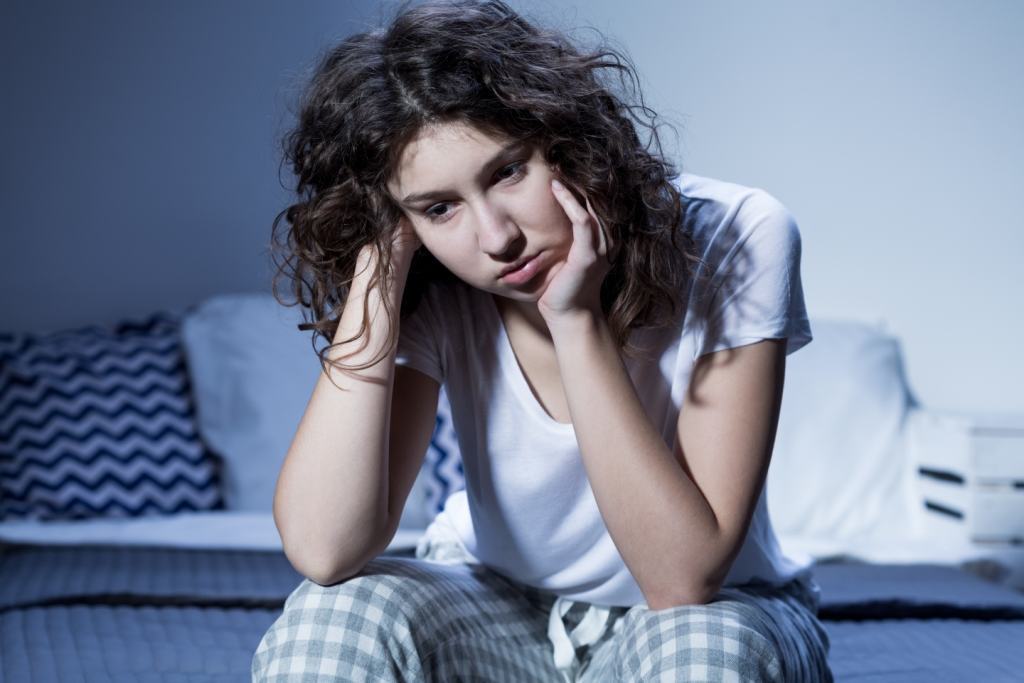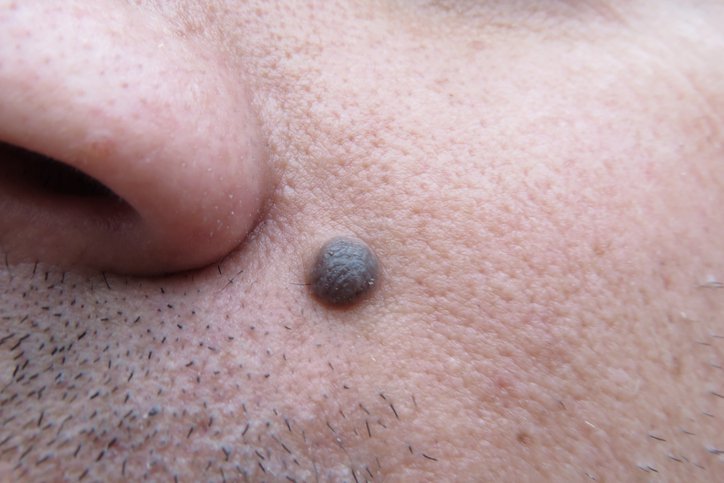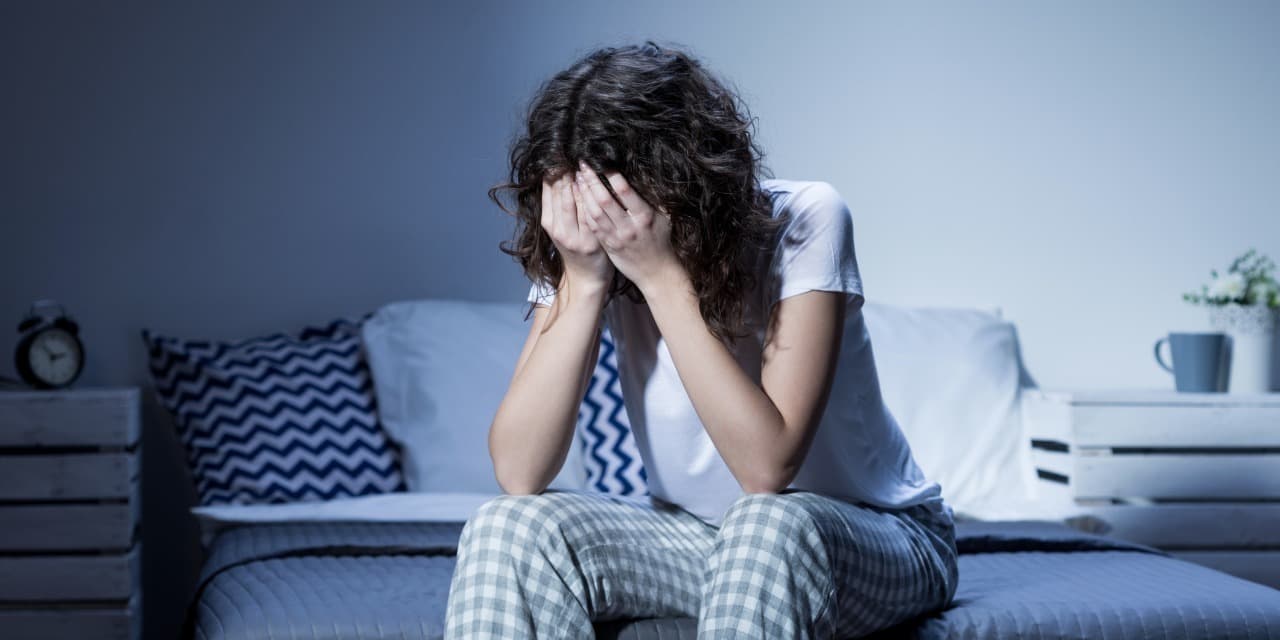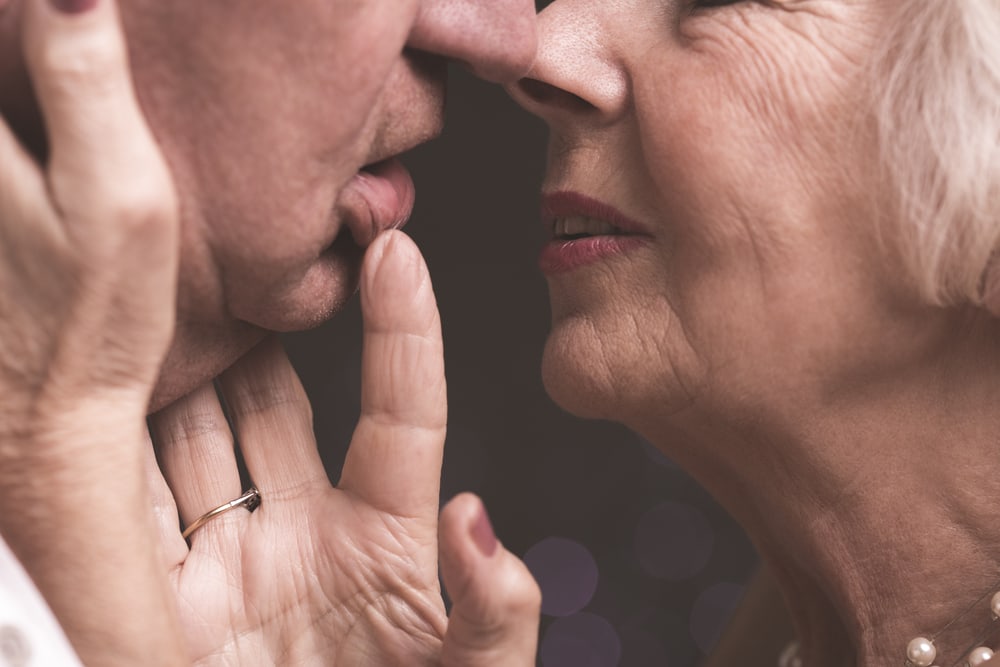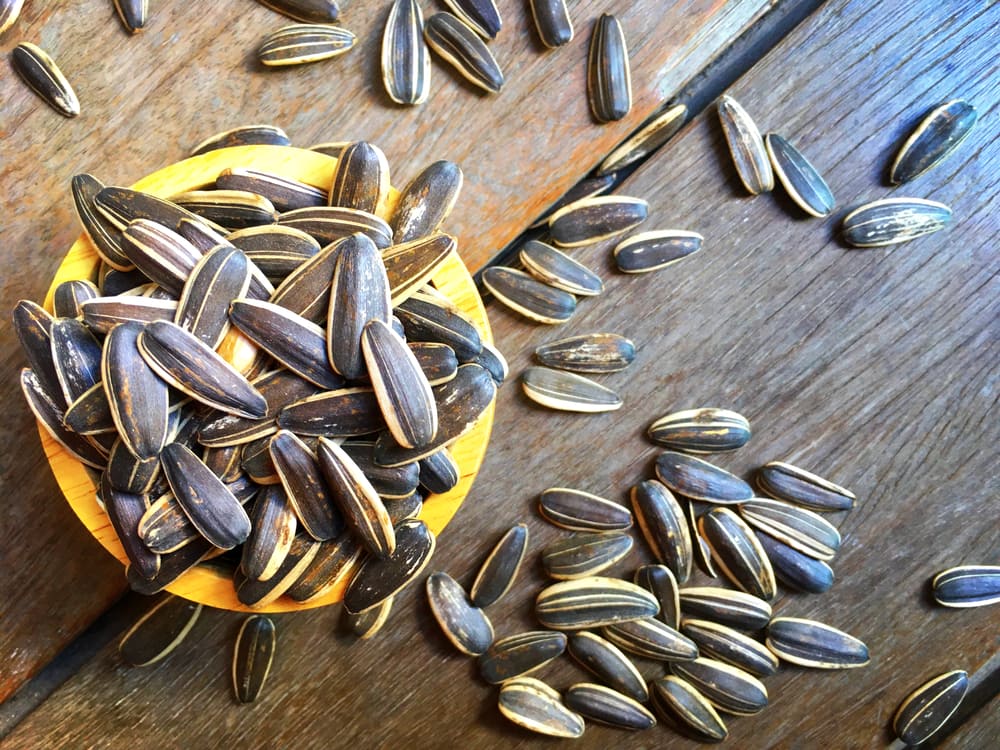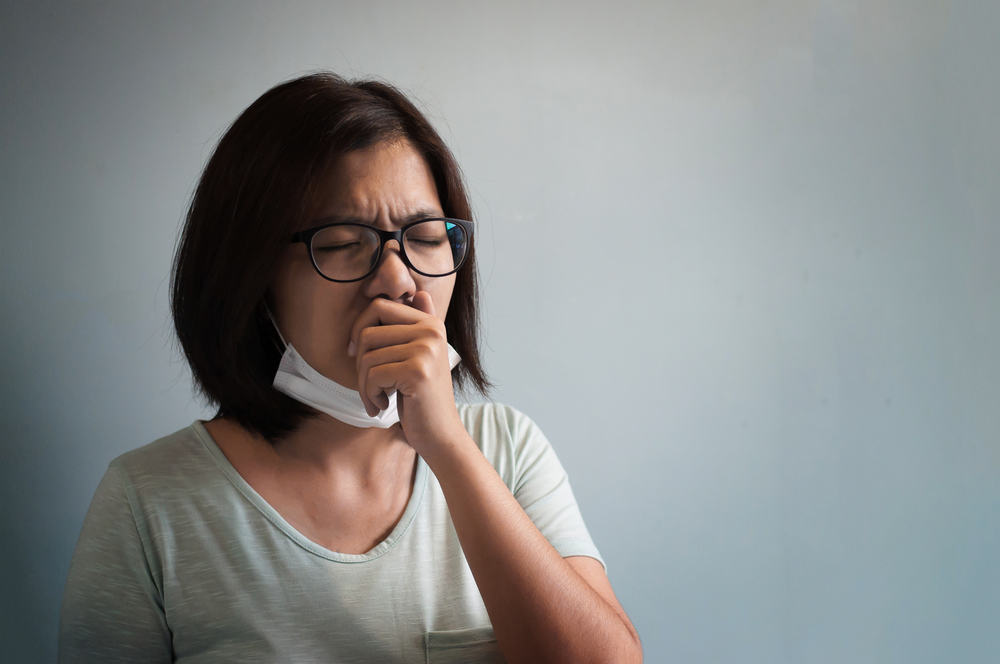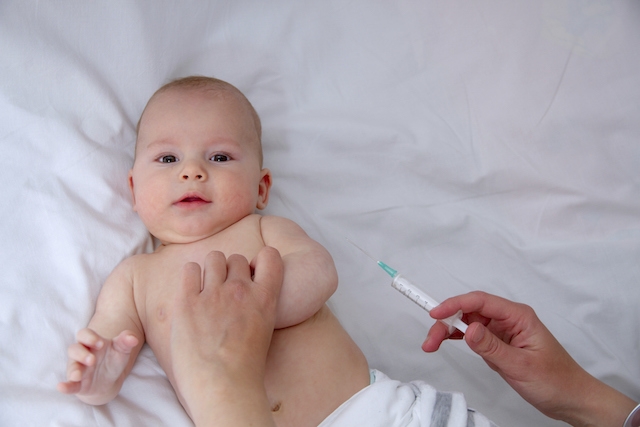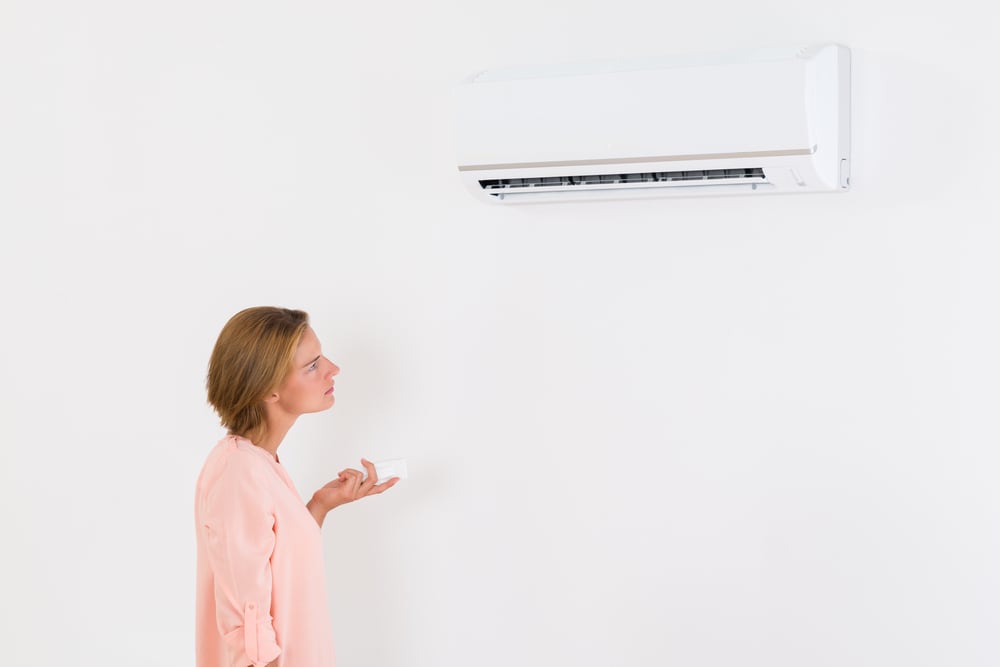Contents:
- Medical Video: Depression and COPD
- People with COPD are more prone to anxiety disorders
- People with COPD are easily entangled in depression
- Overcoming emotional challenges arising from COPD
Medical Video: Depression and COPD
According to researchers at the National Jewish Medical and Research Center in Denver, people who have chronic obstructive pulmonary disease (COPD) are more likely to suffer from depression than people with other chronic diseases.
If you have COPD, you can reverse this situation. First of all, you must first understand the possible emotional side effects of COPD so you can get more support.
People with COPD are more prone to anxiety disorders
You have a subconscious alert system that never stops analyzing blood to ensure that you get enough oxygen and breathe in healthy air. If something is wrong with your breathing, your brain will send an alarm "shortness of breath." When this alarm sounds, you can feel a wave of fear full of panic or anxiety. Your heart beats fast, your hands tremble, your head feels dizzy, and you feel you're on the verge of consciousness.
Breathing difficulties is the main trigger of anxiety attacks. KWhen you have COPD, you can continue to feel anxious about when your shortness of breath will recur. Difficulty breathing creates anxiety, and anxiety, instead, results in increasingly severe shortness of breath. This mindset can cause the alarm system "shortness of breath" that is too active - and even more anxiety from false alarms. In some cases, just sniffing a strong smell like perfume can trigger your alarm.
Untreated anxiety can be a chronic and persistent problem, making you constantly worried, scared, and even depressed. This can affect your family and relationships, and your participation in society. You can feel isolated from your spouse and family, and lose interest and excitement in establishing relationships with other people. Anxiety can also drain your physical energy which has been a little since the beginning.
People with COPD are easily entangled in depression
Having chronic diseases such as COPD can cause despair and depression. COPD symptoms such as fatigue and sleeplessness are associated with depression, and other effects of this condition, such as eating problems and difficulty breathing, can make you fall into exhaustion. If you have COPD, you can feel weak and unable to participate in fun activities, or you may stay at home because you don't want to experience coughing in public or feel uncomfortable carrying oxygen cylinders. These are all the reasons behind the increased risk of depression among people with COPD.
It is important to get help for emotional stress caused by COPD, because anxiety and depression will only worsen the condition. According to National Jewish Health, sufferers of depression and COPD tend to disobey their treatment program, and untreated COPD can cause pain, visit the emergency room, hospitalize more frequently.
Overcoming emotional challenges arising from COPD
It is important to understand that any emotional turmoil that you feel is a normal reaction to lifestyle changes that you must do due to COPD. Anxiety and depression show that you are an ordinary person. Depression or anxiety does not mean you are weak or lose your sanity.
You may not be able to do all the things you normally do, but there is much you can do to change your perspective.
- Challenge anxious or depressive thinking by using self-talkto quell those negative feelings. If you think "I will not improve," respond with "Not true. I've also had good days. "
- Use self-affirmation like "I'm an action-packed person, not anxious."
- When you feel depressed, do simple physical activities such as customers or hum for 5 minutes to reduce negative feelings.
- When you feel anxious, slowly exhale and tell yourself, "Calm down. If I calm down, anxiety will disappear. "
- Learn breathing techniques from psychologists, physical therapists, or respiratory therapists. It would be better if in a pulmonary rehabilitation environment.
- Exercise lightly and gradually increase the duration of your training under a doctor's supervision. You will get a mood boost by exercising and limiting the loss of muscle mass that often appears along with COPD.
- Join the COPD support group. Not only meeting new people who also face the same challenges, but you also get valuable suggestions that can help you.
- Obey a rehabilitation program from a doctor when your symptoms increase.
When you are struggling with emotional stress, remind yourself that staying in a relationship with family and friends will provide the moral support you need for the best treatment for COPD. And if you are aware of the development of signs of depression and / or anxiety, consult your doctor openly to find ways to control these symptoms.

